Orthopaedics
Orthopaedics is a branch of medicine that deals with the musculoskeletal part of the body. It is made of ligaments, joints, muscles, bones, etc. It offers both surgical and non-surgical methods of treatment. People visit orthopaedic doctors when they are in severe pain or injured. If you have any chronic condition related to the musculoskeletal system, then you must visit an orthopaedic doctor near you.
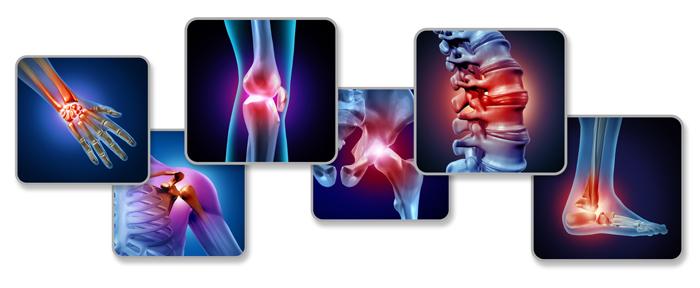
Who is an orthopaedist?
Orthopedists are the specialized musculoskeletal doctors who treat
- Bones
- Ligaments
- Joints
- Tendons
They use different surgical and non-surgical techniques to treat injuries or disorders in the musculoskeletal system.
What conditions does an orthopaedist treat?
Orthopaedists treat a wide range of musculoskeletal disorders. Some of the conditions that require an orthopaedic doctor are:
- Muscle tear
- Fractures
- Dislocations
- Muscle strain
- Injuries in the tendons
- Abnormalities
- Joint pain
- Arthritis
- Sports injuries
- Neck pain
- Carpal tunnel syndrome
Usually, the problems related to the musculoskeletal system require experts. Orthopaedic hospitals in Chembur are skilled professionals with many years of experience.
When should you visit an orthopaedist?
You can visit an orthopaedic doctor for almost all musculoskeletal problems. These injuries directly or indirectly affect your daily life and can be harmful for a long time. Here are some of the diseases that require an orthopaedist:
- Knee replacement
- Dislocations and fractures
- Spinal fusion
- Herniated disks
- Osteoporosis
- Rotator cuff surgery
- Pain in knee, neck, hand, legs
- Arthritis
- Frozen shoulder
- Tennis elbow
- Muscle strain
- Trauma surgery
If you also suffer from similar complications or have symptoms, you must visit an orthopaedic specialist near you. Some of the symptoms are:
- Extreme pain in joints, bones and muscles
- Inflammation in joints, muscles, etc
- Redness in the affected area
- Stiffness in joints
- Inability to walk or perform any physical activity
Request an appointment at Apollo Spectra Hospitals, Chembur, Mumbai.
Call 1860 500 2244 to book an appointment.
How is an orthopaedic disorder diagnosed?
There are many ways to identify and diagnose a person’s condition, such as:
- Asking a patient about symptoms and reviewing the patient’s health record
- Carrying out various imaging tests like X-Ray, MRI, Bone scan, CT scan
- Numbness and tingling sensation
- Unattended injury
- Carrying out a proper physical examination
What are the treatment options for orthopaedic disorders?
Orthopaedic disorders can be treated using two different procedures:
- Surgical procedure
- Non-surgical procedure
Surgery is usually the last option of treatment and is performed only for critical cases. The surgical procedure includes some of the following options:
- Ankle replacement surgery
- Joint replacement surgery
- Bone grafting surgery
- Spinal fusion
- Soft tissue repair
- Arthroscopic surgeries
- Internal fixation
- Osteotomy
The non-surgical procedure for treatment includes:
- Medication - there are many medicines available for the treatment of the musculoskeletal system. These medicines are mostly for reducing inflammation and pain, relaxing your muscles, etc. Some of the commonly recommended medicines are ibuprofen, aspirin and other over-the-counter medicines and painkillers. Follow the medicines prescribed by your doctor.
- Exercise - it is an important part of the treatment. Different types of exercises are advised to patients who are suffering from orthopaedic problems. Exercise is also recommended to patients after their surgery. Your doctor will advise specific exercises to increase your strength and your range of motion.
- Immobilization - it is important to prevent the affected area from further injury and give it support. Doctors advise splints, braces, cast, etc.
- Change in lifestyle - sometimes just by changing your lifestyle, you can see a remarkable improvement in your condition. This includes improving your diet and physical activity to prevent further complications and damages.
Conclusion
Orthopedists help in treating conditions that are related to bones, muscles, ligaments, etc. There are many ways to treat orthopaedic disorders and their warning signs should not be ignored. Early detection is the key to better treatment.
Orthopaedists can treat nerve damages that are caused by sports injuries or trauma. They can diagnose and treat severe conditions of bones, nerves, muscles, etc.
You can take these precautionary measures post an orthopaedic surgery-
- Take medicines on time
- Do not put a strain on the operated area
- Support the region
- Follow a healthy diet
- After a few days ofthe surgery, start practising some exercises as recommended by the doctor
After surgery, follow your doctor’s advice.
Arthroscopic surgery is a minimally invasive surgery using an arthroscope. An arthroscope is a long tube with a small camera attached to its end. Arthroscopic surgery is performed for minor surgeries.
Our Patient Speaks
My name is Chetan A shah and we came to Apollo Spectra Hospital for the TKR treatment of my father, Mr Arvind. C. Shah. We are very thankful to Doctor Nilen Shah as this hospital was recommended to us by him. We are thoroughly satisfied with the efficient service and treatment provided by the staff at Apollo. The staff members are very cooperative and treat you with great respect. I will surely re...
Arvind Shah
Orthopaedics
Total Knee Replacement
We came to the Apollo Spectra Hospital to get my grandmother left forearm ORIF surgery done by Dr Hitesh Kubadia. During the course of her stay here, the staff was very prompt and attentive to all her needs. They helped her settle in and made her comfortable during her stay, assisting her in every way they could, no matter what she needed help with. They also kept her hopeful and positive througho...
Hiraben
Orthopaedics
Forearm Reconstruction
My son, Raiyaan underwent a surgery here at the Apollo Spectra Hospital for Left ACL Reconstruction with Meniscal Repair, performed by Dr Nadir Shah. The surgery was a great success. I found the staff at the hospital to be very helpful and cooperative, and the hospital to be very a clean and hygienic place. My child was well looked after at the hospital during his stay. I would like to give specia...
Master Raiyaan
Orthopaedics
ACL Reconstruction
I came to Apollo Spectra Hospital Tardeo for my wife Mrs Najuk Jain who was suffering from chronic Knee pain, Dr Nilen Shah suggested Knee Replacement Surgery. I’m very happy with the guidance & treatment given by Dr Nilen Shah and Apollo nurses & staff. Overall, I had a very pleasant and smooth experience at the Apollo Spectra Hospital and would like to thank everyone at the hospital who helped...
Najuk Jain
Orthopaedics
Total Knee Replacement
My father, Said Daud Al Zadjali has undergone two surgical procedures here at the Apollo Spectra Hospital - a knee replacement surgery and urology procedure. In our opinion, Dr Satish Puranik is a huge asset to the Apollo Spectra Hospital. The doctors concerned with both the surgeries were very talented and experienced and decided to perform both the procedures together in one surgery. We were inf...
Said Dawood
Orthopaedics
Total Knee Replacement
Shobha Gawali, my wife, was troubled with knee pain for the past 4 years. After several failed attempts at home remedies and medical treatments alike, we consulted Dr. Ajay Rathod. He advised bilateral TKR on both knees. We are grateful to the staff of Apollo Spectra for the pre and post-operative care – it was truly top notch. And the recovery help was equally good. I am thankful to the team....
Shobha Gawali
Orthopaedics
Total Knee Replacement
We had earlier gone to the Elizabeth Hospital for the treatment required for left forearm construction, but since we did not get a proper response from there, we shifted to the Apollo Spectra Hospital. We had a very great experience here. We received a quick and adequate response from the hospital, under the guidance of Dr Alok Pandey. We found the nursing staff to be very warm and friendly. I wou...
Trilochana Mahesh
Orthopaedics
Forearm Reconstruction
My son, Tukaram Gaikwad, was treated at the Apollo Spectra. We are extremely satisfied with the level of services from the doctors, nurses and the housekeeping staff. Right from the reception to the billing process, everything is smooth and stress-free. The housekeeping staff is really good and take care of all your needs. We felt the atmosphere was completely different from other hospitals – it...
Tukaram Gaikwad
Orthopaedics
Knee Surgery
Our Top Specialities
NOTICE BOARD
CONTACT US
CONTACT US
 Book Appointment
Book Appointment


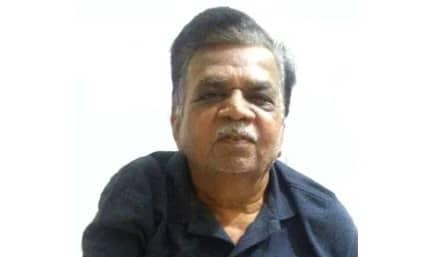
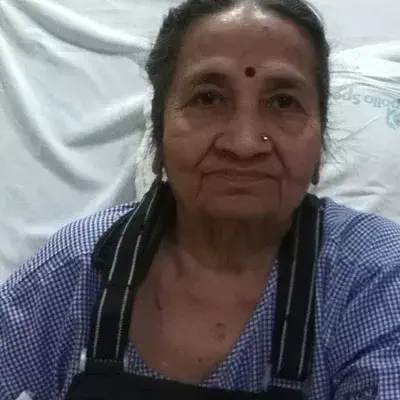
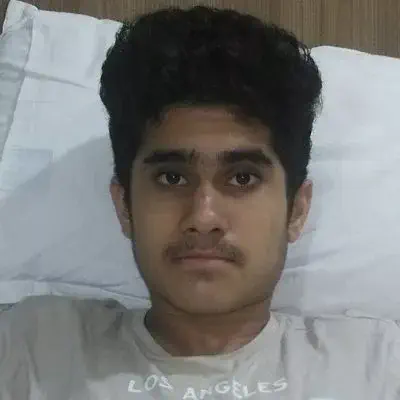
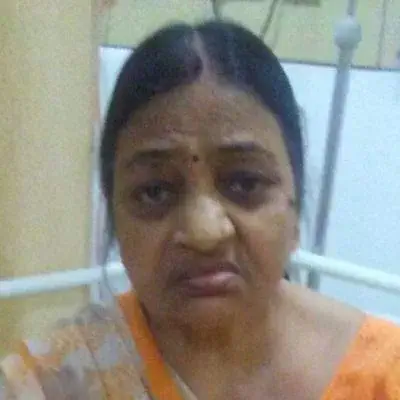
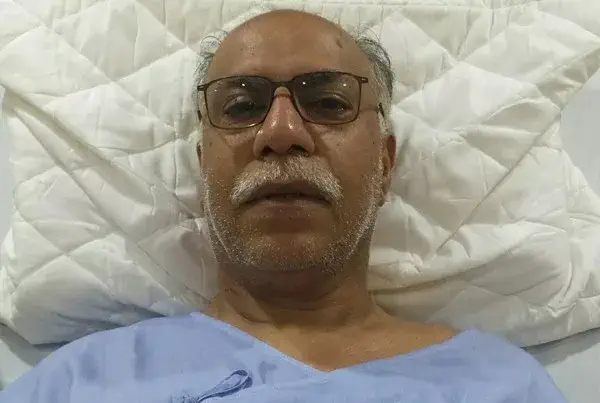
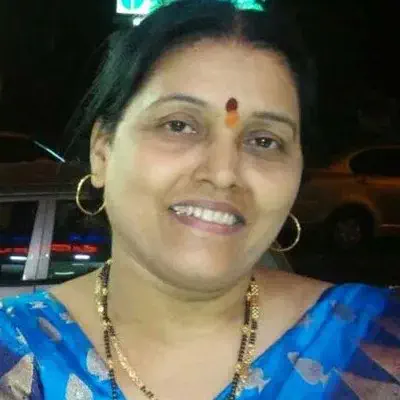
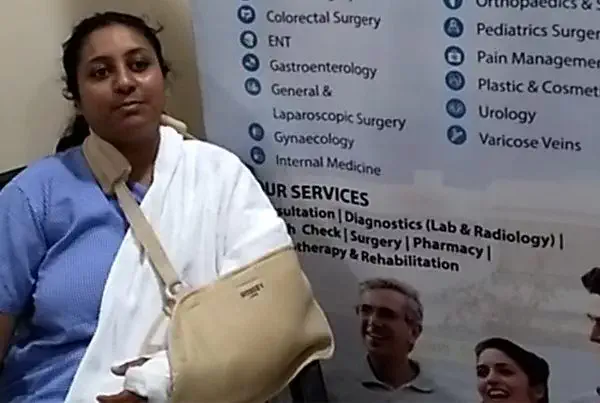
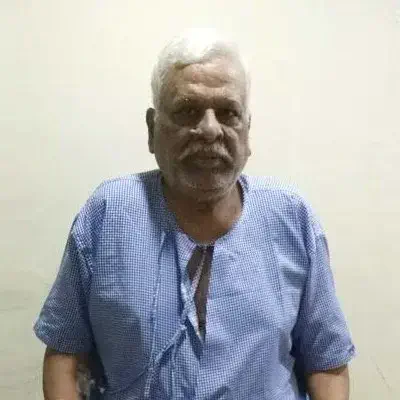
.svg)
.svg)
.svg)
.svg)








